Management and Leadership
No matter the tasks on our plate or the improvements we’re aiming for to make these tasks smoother, one truth remains: it’s the people who drive every bit of our work. Unearth the potential within Corporate Education Group’s leadership and management training. Harness our expertise to guide you and your company toward desired outcomes by aligning individuals with your organizational visions. Simultaneously, enhance working relationships and bolster productivity. This is your path to success.
 Course List
Course List
 Learning Journeys
Learning Journeys
 On-Demand Webinars
On-Demand Webinars
For more information on this topic, as well as how Corporate Education Group can help power your organization’s performance, contact us via email or call 1.800.288.7246 (US only) or +1.978.649.8200. You can also use our Information Request Form!



- ©2025 Corporate Education Group, operated by CEG Operating Company, LLC. All Rights Reserved.
Privacy Policy | Terms and Conditions - PMI®, PMP®, CAPM®, PgMP®, PMBOK®; and the PMI®; Registered Education Provider logo are registered trademarks of the Project Management Institute, Inc. CBAP® and IIBA® are registered trademarks of International Institute of Business Analysis. All other trademarks mentioned on this site are property of their respective owners. All rights reserved. CEG is an approved Authorized Partner within the Blanchard Authorized Partner Program and is licensed to market, sell, and train SLII®.

